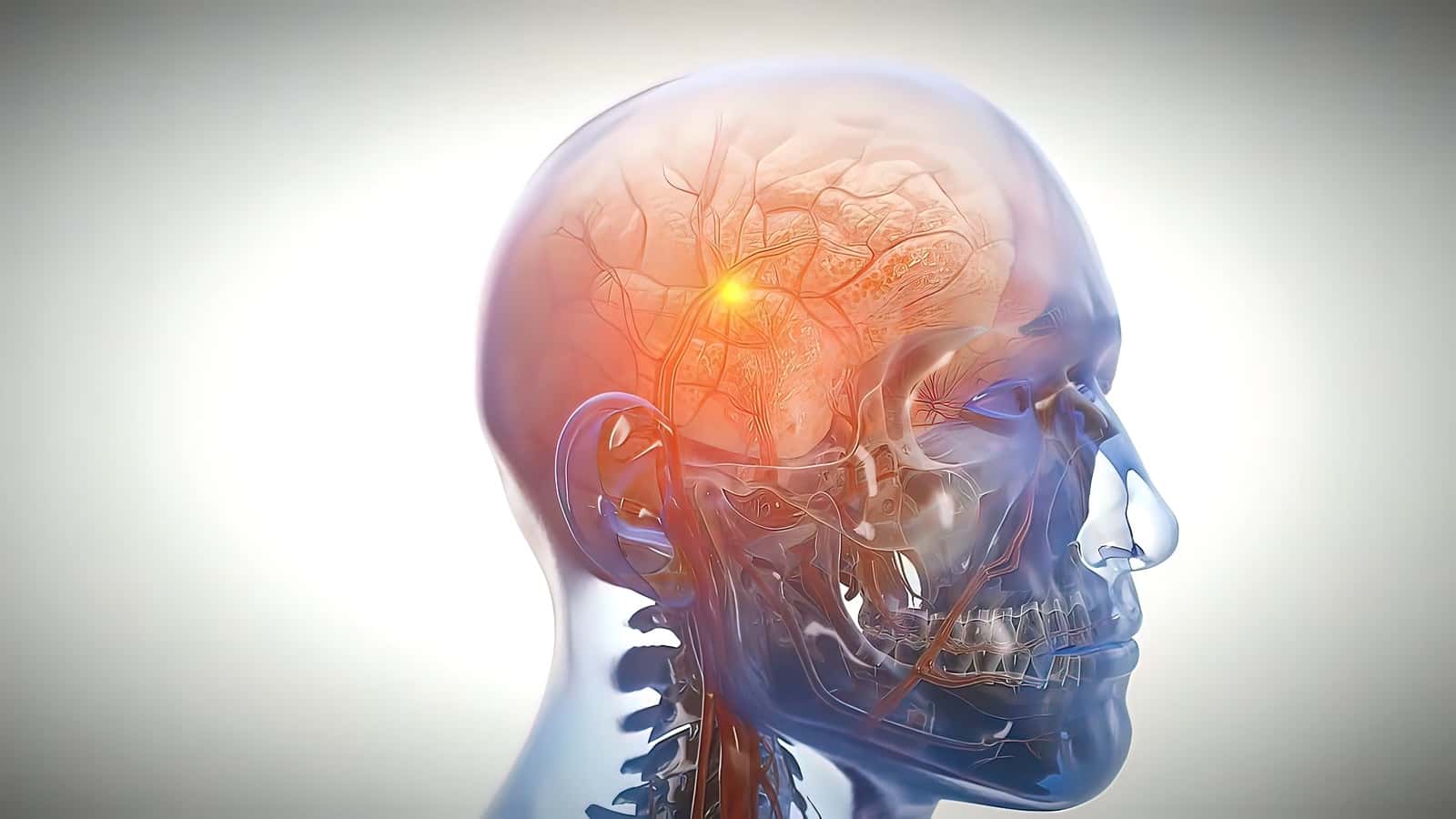
The nonprofit Alzheimer’s Association mission is to end Alzheimer’s disease (AD). That is a noble goal and one we wholeheartedly support. Nonprofit organizations get tax-exempt status. That’s because they are supposed to work for the public benefit. Ending Alzheimer’s disease clearly fits that goal. A recent article in Nature Medicine (June 28, 2024) has offered “Revised criteria for diagnosis and staging of Alzheimer’s disease.” This approach promotes biomarker testing over clinical assessment of cognitive function.
Drug Companies Are All-In on Biomarkers!
Pharmaceutical industry contributions to the Alzheimer’s Association are impressive.
The nonprofit is quick to add:
“No contribution from any entity impacts the Alzheimer’s Association decision-making, nor our positions on issues related to people living with Alzheimer’s, other dementia and their families. Total contributions from the pharmaceutical industry make up just over 1% of the Association’s total contributed revenue.”
Eisai and Biogen contributed $758,473 and $430,000 respectively in 2023. Both companies teamed up to develop the first FDA-approved AD drug called aducanumab (Aduhelm). The second FDA-approved drug was lecanemab (Leqembi). It too was a collaboration between Eisai and Biogen.
Eli Lilly & Company contributed $696,613 to the Alzheimer’s Association in 2023. It just received FDA approval for its Alzheimer’s drug donanemab (Kisunla). All three of these injectable medications could be characterized as anti-amyloid drugs. That’s because they are very good at ridding the brain of the amyloid-beta peptide that is found in the brains of patients with AD.
Biomarkers and AD:
Pharmaceutical manufacturers have spent billions developing drugs that could lower the biomarkers linked to Alzheimer’s disease, especially amyloid-beta. The problem is that most of the anti-amyloid drugs have flamed out.
The ones that have been approved have not reversed the course of the disease. At best, they slow the inevitable decline. You can read my take on all three FDA-approved drugs at these links:
Kisunla (Donanemab): Breakthrough or Boondoggle Against Alzheimer’s
Yikes! FDA Approves Lecanemab Against Alzheimer’s
Conflicting Results from Anti-Alzheimer’s Treatments: Brain Shrinkage?
Is the Alzheimer’s Association Changing the Rules for Diagnosis and Treatment?
A workgroup convened by the Alzheimer’s Association is promoting “Revised criteria for the diagnosis and staging of Alzheimer’s disease” (Nature Medicine, (June 28, 2024).
The biomarkers they are recommending include amyloid-beta and tau proteins that can be measured by laboratory testing. The goal is to “catch” AD at its earliest stages and treat it even before symptoms show up.
The only problem with what seems like a most logical approach is that it has not yet worked in real life. I wrote this article describing the disappointment:
“Another Huge Anti-Amyloid Drug Failure Against Alzheimer’s”
The solanezumab A4 Study contradicts the concept of early detection.
Here is how the Eli Lilly company described its big gamble:
“Launched in 2013, the A4 Study was a first-of-its-kind secondary prevention trial, enrolling more than 1,100 individuals between 65 and 85 years of age who had PET-imaging evidence of amyloid plaque accumulation in the brain and who did not have clinical impairment. Participants were randomized to either solanezumab or placebo and then treated for approximately 4.5 years.”
Please note that this study lasted 4.5 years! That is a really long time for an AD clinical trial to last. Many of the Alzheimer’s studies run 18 months. That was true of recent FDA drug approvals for AD.
The results of the A4 solanezumab study were published in the New England Journal of Medicine (Sept. 21, 2023).
The authors introduced the research this way:
“Approximately 20 to 40% of cognitively unimpaired older persons show evidence of elevated amyloid accumulation. Some evidence suggests that these ‘amyloid-positive’ but cognitively unimpaired older persons represent a preclinical, or asymptomatic, stage of Alzheimer’s disease and may be at high risk for cognitive decline.”
The point of the A4 clinical trial was:
“…early-intervention trial aiming to slow cognitive decline at the stage of preclinical Alzheimer’s disease in older persons who were not cognitively impaired at baseline but had elevated amyloid levels on screening positron-emission tomography (PET).”
And the envelope please!
People receiving solanezumab actually did worse compared to people on placebo:
“Numerical worsening with respect to the primary and secondary end points in the solanezumab group as compared with the placebo group, although not significantly different between groups, was unexpected…”
Here is how I described the results in this article:
“Amyloid levels were lowered by the drug. That’s what it was supposed to do. But the PACC (Preclinical Alzheimer Cognitive Composite) score was actually worse after 240 weeks in the drug group compared to the placebo group:
-1.43 in the solanezumab group
and
-1.13 in the placebo group”
A negative PACC score indicates worse cognitive performance.
Why I Worry About Revising the Rules for Diagnosis and Treatment of AD:
If all pharmaceutical manufacturers will have to do to demonstrate an anti-AD drug is working is to lower amyloid in the brain, we could be in for lots more anti-amyloid medications in the future. Such drugs are very good at ridding the body of amyloid-beta.
What families really care about, though, is clinical quality of life. Can mom go back to work? Can she drive again? Will she be able to manage her affairs and balance her checkbook?
Will an AD patient recognize friends and family? Most important, will the new medicine keep an AD patient out of a nursing home?
Just because a drug can lower a biomarker does not mean that it will do anything meaningful in people’s lives. Until biomarkers correlate perfectly with clinical outcomes and lead to results that people actually care about, I am curbing my enthusiasm about the new diagnostic criteria supported by the Alzheimer’s Association.
Please share your thoughts about Alzheimer’s disease, diagnosis and treatment in the comment section below.
Citations
- Jack Jr., C.R., et al, "Revised criteria for the diagnosis and staging of Alzheimer’s disease," Nature Medicine, June 28, 2024, DOI https://doi.org/10.1038/s41591-024-02988-7

